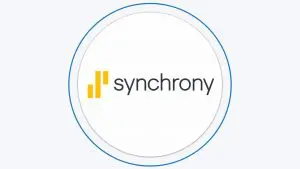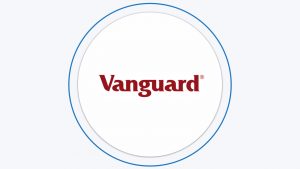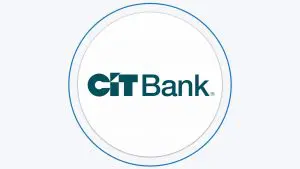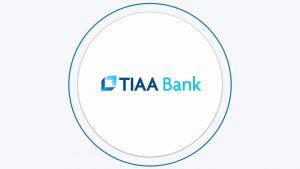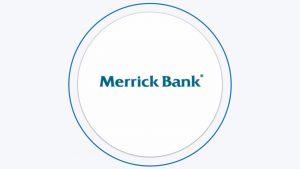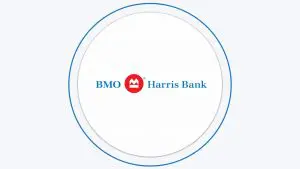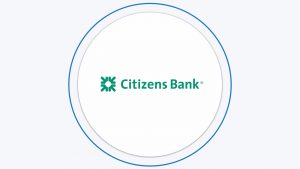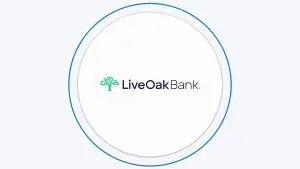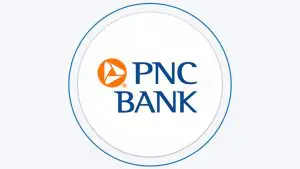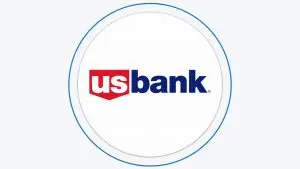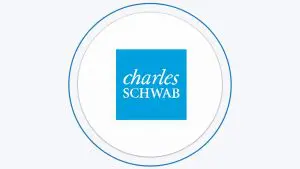Table Of Content
What Is A Bump-Up CD?
A Bump-up CD is a type of certificate of deposit (CD) that allows the holder to increase the interest rate on their CD during the term of the account. Bump-up CDs typically have a fixed term, such as one to five years, and a fixed interest rate for that term.
The bump-up feature is usually subject to certain conditions, such as a minimum balance requirement or a minimum waiting period before the bump-up can be initiated. Bump-up CDs may offer a higher initial interest rate than traditional CDs, but they may also come with certain fees or penalties if the account holder chooses to exercise the bump-up option.
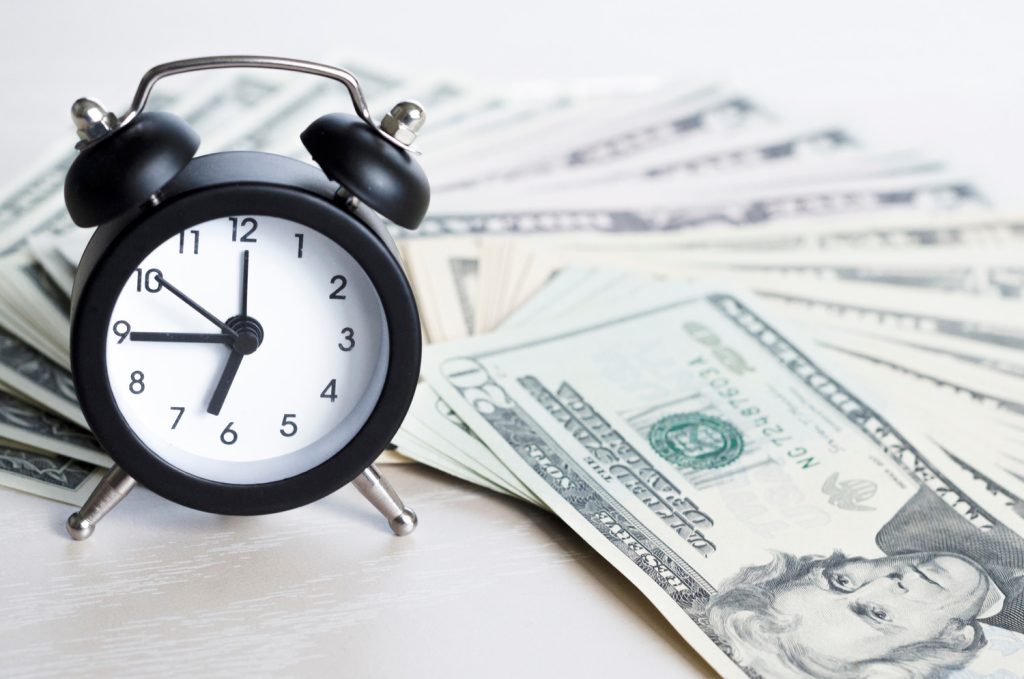
How Does It Work?
A Bump-up CD works similarly to a traditional CD, but with the added feature of being able to increase the interest rate one time during the term of the account. Here's how it typically works:
Bump-up Option: The account holder has the option to “bump up” the interest rate on the CD one time during the term if market interest rates increase. The specific terms and conditions for exercising the bump-up option will vary depending on the bank or financial institution offering the CD.
Interest Payments: The account holder will receive interest payments on the CD at the agreed-upon interest rate for the term of the account, until the bump-up option is exercised (if it is exercised).
Exercise of Bump-up Option: If the account holder decides to exercise the bump-up option, they will typically need to contact the bank or financial institution and request the increase in interest rate. The bank may require a minimum balance in the account or a waiting period before the bump-up can be initiated. Once the bump-up is initiated, the new interest rate will apply for the remainder of the term of the CD.
Early Withdrawal: If the account holder chooses to withdraw funds from the Bump-up CD before the end of the term, they may be subject to early withdrawal penalties or fees.
Top Offers From Our Partners
Example
- On January 1, 2025, an investor purchases a $20,000 bump-up CD from an issuing bank with a 5.00% APY for a three-year term.
- After one year, interest rates rise to 6.00%, so the investor exercises the bump-up option, earning $1,200 of interest for each of the remaining two years of the term ($20,000 × 0.060 = $1,200).
- The investor earned $1,000 of interest during the first year. ($20,000 × 0.050 = $1,000)
Pros And Cons Of Bump-Up CDs
Let's review some of the potential benefits and drawbacks of investing in Bump-up CDs:
Pros | Cons |
|---|---|
Flexibility | Opportunity Cost |
Potential For Higher Interest Rates | Not Liquid |
Low Risk |
Inflation Risk |
- Flexibility
The bump-up feature allows account holders to take advantage of increasing interest rates if they occur during the term of the CD.
- Potential For Higher Interest Rates
If interest rates rise during the term of your CD, you can request to have your interest rate increased to the current market rate.
- Low Risk
Zero-coupon CDs are considered to be a safe investment because they are backed by the full faith and credit of the issuing bank.
- Opportunity Cost
If interest rates decrease after opening a Bump-up CD, the account holder may miss out on the opportunity to increase the rate or lock with a fixed rate for a longer time.
- Not Liquid
An investor who purchases a bump-up CD would be subject to a penalty if they choose to withdraw their investment before the maturity date.
- Inflation Risk
If inflation outpaces the interest rate on the CD, the account holder may lose purchasing power over time.
Alternatives To Bump-Up CD
There are several alternatives to Bump-up CDs that individuals can consider based on their financial goals and needs. Here are a few examples:
Traditional CDs: Traditional CDs offer a fixed interest rate for a fixed term, but without the bump-up feature. Traditional CDs can be a good option for individuals who do not need the flexibility to adjust their interest rate during the term of the account.
High-Yield Savings Accounts: High-yield savings accounts typically offer higher interest rates than traditional savings accounts and may have lower or no minimum balance requirements. High-yield savings accounts can be a good option for individuals who want the flexibility to make deposits and withdrawals without penalty.
Money Market Accounts: Money market accounts are similar to savings accounts but typically offer higher interest rates and may require a higher minimum balance. Money market accounts can be a good option for individuals who want a low-risk, liquid investment with the potential for higher returns than traditional savings accounts.
Bond Funds: Bond funds are mutual funds or exchange-traded funds (ETFs) that invest in a portfolio of bonds. Bond funds offer the potential for higher returns than CDs or savings accounts but with higher risk. Bond funds can be a good option for individuals who are willing to take on some risk in exchange for higher potential returns.
FAQs
Can the interest rate on a Bump-up CD decrease?
No, the interest rate on a Bump-up CD is typically fixed at the time of account opening and will not decrease.
Can the bump-up feature be used more than once on a Bump-up CD?
No, the bump-up feature is typically only available one time during the term of the Bump-up CD.
How does the interest rate on a Bump-up CD compare to a traditional CD?
The interest rate on a Bump-up CD may be similar or lower than a traditional CD, but this will depend on the specific terms and conditions of the CD. Usually, when there is epxectations for higher interest rates – it offers lower interst, and via verse.
What happens if the bank or credit union fails?
If the bank or credit union that issued your bump-up CD fails, your money may be protected by the FDIC or SIPC. The FDIC insures up to $250,000 per depositor per bank, while the SIPC insures up to $500,000 per customer per account.
What are the risks of bump-up CDs?
The main risk of a bump-up CD is that interest rates could fall. If interest rates fall, you may not be able to get a higher interest rate when you request a bump.


